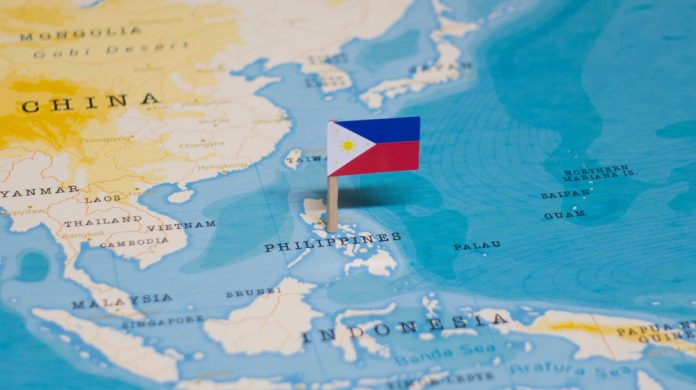Philippines President Marcos has intensified action against POGOs in the country moving to implement a full ban on gaming operators.
It builds on the continued efforts of the authorities in the region to clamp down on offshore gambling and clean up its gambling industry.
Speaking at his state of the nation address, Marcos said: “Disguising as legitimate entities, their operations have ventured into elicit areas beyond gaming, such as financial scamming, money laundering, prostitution, human trafficking, kidnapping, brutal torture – even murder.
“The grave abuse and disrespect to our system of laws must stop. It is necessary to stop this disturbance in our society, and the desecration of our country.”
Marcos underlined his belief that the outlawing of POGOs can have a significant impact when it comes to solving the country’s problems, as he added that ‘citizenry must always be vigilant, principled, and think of the health of the nation’.
Tackling the black market
It comes as the country has deepened efforts for its removal from the FTAF grey list, with the gambling industry being cited as one of the key factors in its path to departing the list.
The Philippines’ gambling regulator, Amusement and Gaming Corporation (PAGCOR), recently sought to clean up the country’s gambling sector and provide the country with a clearer path to economic growth. It revealed that 74.78% of the illegal igaming websites that had been detected have been blocked.
Ret. Gen. Raul Villanueva, President of PAGCOR’s Security Monitoring Cluster, has underlined the complexities of eradicating the black market.
He stated: “Of the 7,747 [illegal offerings], 5,793 [74.78%] were already blocked, and 1,954 are still active. “The payment blocking as of now based on my research, there’s no studies yet on payment blocking because some of these criminals use cryptocurrency as a mode of payment. And the banking system is very complex, offshore banking is very complex.
“But we [have reached] out to payment portals like GCash and Maya, and we had a meeting two weeks ago with a representative of Gcash and they promised us to purge on these illegal sites because we have submitted to them or have publish or publish in our websites only the illegal sites.”
There was also pressure from the Chinese government over the enabling of their citizens to gamble in the region. The Chinese embassy had previously distanced itself from having anything to do with the Philippine Offshore Gaming Operators (POGOs) sector.
The statement from the embassy said: “Chinese law prohibits all forms of gambling. The Chinese government strictly cracks down on Chinese citizens engaging in gambling business abroad including POGOs. Ample evidence shows that POGOs breed serious crimes such as kidnapping for ransom, human trafficking and murder. POGOs are detrimental to both Philippine and Chinese interests and images as well as China-Philippines relations.
“In recent years, the Chinese and Philippine law enforcement agencies have maintained close communication and cooperation and conducted multiple joint operations to bring down cross-border gambling and telecom fraud. Since 2018, nearly 3000 Chinese citizens implicated in the cases have been repatriated with joint efforts of both sides. In the past year alone, China has assisted the Philippines in shutting down five POGOs hubs and repatriated nearly 1000 Chinese citizens.”










